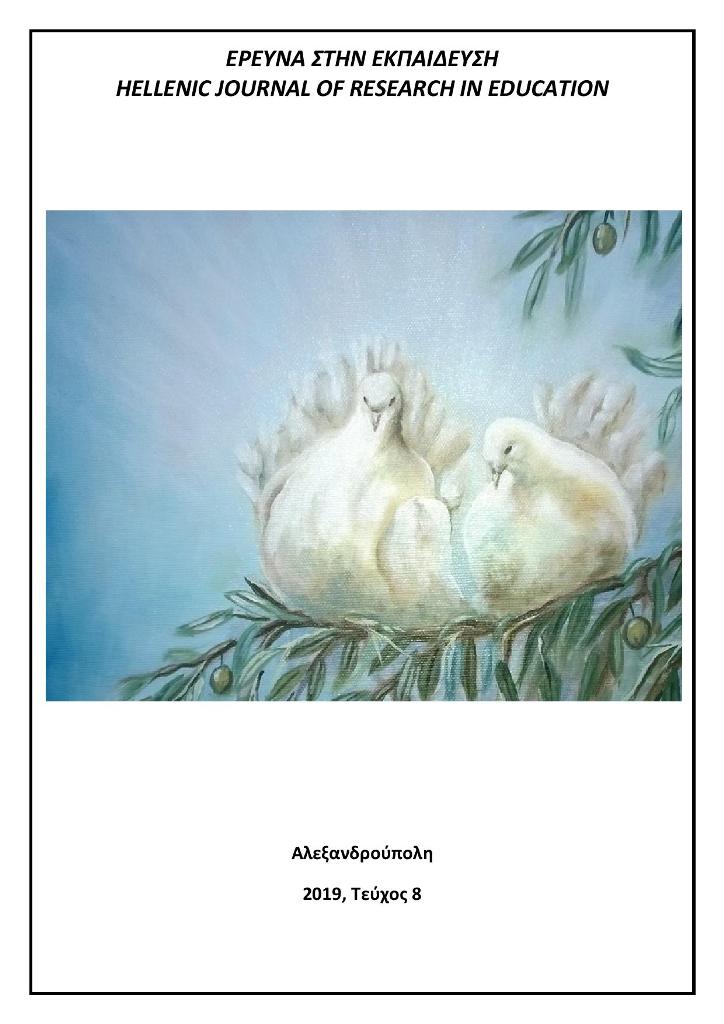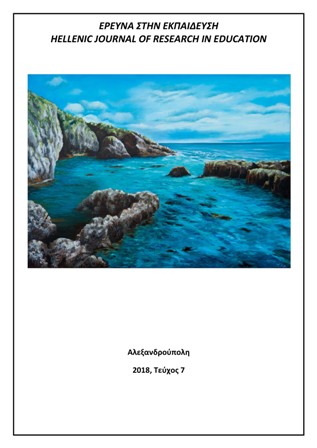Group Teaching of Conservational Skills to Individuals with Developmental Disabilities: An Intervention Programme

Abstract
The aim of the qualitative study was to provide training with regard to social exchanges and more specifically to teach conversational skills to seven adults with developmental disabilities (moderate or severe intellectual disability, Down syndrome, and autism with intellectual disability). The participants were formed into a group and were given images to discuss among themselves using questions and answers. A quasi-experimental baseline design was implemented which involved teaching using questions and images, return to the baseline and examination by withdrawing the initial training tools (images) in order to show whether the participants had acquired the skill. The intervention programme lasted two months. All seven participants started from zero and acquired the ability to participate in a conversation, in line with their potential. The training content and the structure given to this intervention increased the number of exchanges and gave them the opportunity —and a way— to socialise. As a result of this intervention, it has been shown that individuals with developmental disabilities can be taught conversational skills in a group setting.
Article Details
- How to Cite
-
Λάππα (Lappa) Χ. (Christina) Σ., & Μαντζίκος (Mantzikos) Κ. (Constantinos) N. (2019). Group Teaching of Conservational Skills to Individuals with Developmental Disabilities: An Intervention Programme. Hellenic Journal of Research in Education, 8(1), 17–40. https://doi.org/10.12681/hjre.19492
- Issue
- Vol. 8 No. 1 (2019)
- Section
- Articles

This work is licensed under a Creative Commons Attribution-NonCommercial-ShareAlike 4.0 International License.
Authors who publish with this journal agree to the following terms:
- Authors retain copyright and grant the journal right of first publication with the work simultaneously licensed under a CC-BY-NC-SA that allows others to share the work with an acknowledgement of the work's authorship and initial publication in this journal.
- Authors are able to enter into separate, additional contractual arrangements for the non-exclusive distribution of the journal's published version of the work (e.g. post it to an institutional repository or publish it in a book), with an acknowledgement of its initial publication in this journal.
- Authors are permitted and encouraged to post their work online (preferably in institutional repositories or on their website) prior to and during the submission process, as it can lead to productive exchanges, as well as earlier and greater citation of published work (See The Effect of Open Access).



